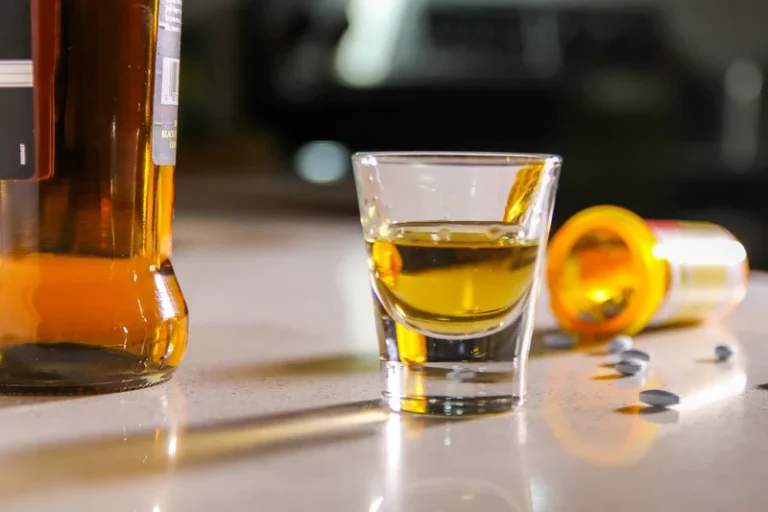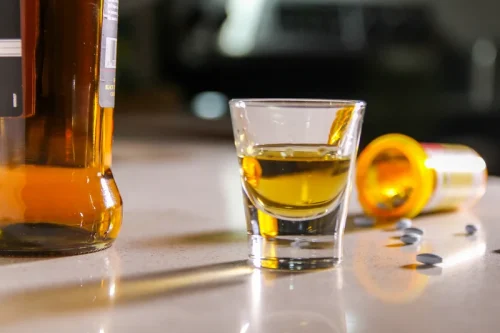
They give themselves permission to use substances in a controlled way, but the frequency of use generally increases until they fully relapse. Learning to recognize triggers, getting help from a counselor, and building a support network are all useful tools in preventing a relapse. Do everything you can to protect yourself, but don’t beat yourself up if you do slip. Having someone to support in situations where you are at risk of relapse can help.
- By addressing the four main triggers for relapse in recovery, individuals can strengthen their support systems and improve their chances of maintaining sobriety.
- Understanding the physical and environmental triggers can empower individuals on their path to recovery and ultimately reduce the risk of relapse.
- So, let’s dive in and equip ourselves with the tools needed for a resilient recovery.
Mental Health Relapse Triggers Everyone Should Know About
This plan may include strategies such as enhancing self-awareness, building a strong support system, practicing healthy coping mechanisms, and establishing a structured daily routine. Relapse can be a challenging and discouraging experience for individuals who are Halfway house on the path to recovery from addiction. In order to prevent and manage relapse, it is crucial to identify and understand the triggers that can lead to a recurrence of addictive behaviors. This article aims to provide insights into the common triggers for relapse and strategies to effectively manage these high-risk situations. At Midwest Recovery Centers, we help our patients overcome addiction, create healthy coping mechanisms, and develop relapse prevention plans that will work for their needs. If you’d like to learn more about our mental health and addiction treatment programs, reach out today.

We and our partners process data to provide:
It’s important to make a list of people, places and things that are significant triggers for you so you can avoid putting yourself in a situation that may support relapse. Enlist the help of a friend, counselor or sponsor to get down the triggers you may not think of right off the bat. Relapse triggers are social, psychological, and emotional situations and events that may lead an addicted person to seek out their substance of choice and ultimately relapse. Recognizing and addressing these common relapse triggers allows for proactive management, thus reducing the likelihood of reverting to substance use. Contact a healthcare professional if you or someone you know suffers from a substance use disorder. You can learn about the best relapse-prevention treatment options for your needs.
Immediate Care and Support From FHE Health
- They give themselves permission to use substances in a controlled way, but the frequency of use generally increases until they fully relapse.
- Creating a space for your loved one to speak openly and honestly about their experiences can support them to get back on track.
- This mindset can lead to complacency, making them vulnerable to situations that may threaten their sobriety.
- Mental health conditions may be a significant internal trigger, especially if you have an undiagnosed mental health disorder.
- Recognizing these stages aids in taking proactive measures to avert a full relapse, emphasizing the need for support and coping strategies.
- If someone forgets that addiction is a chronic condition, they may be tempted to have “just one” drink, injection, hit or bump with the expectation that it won’t be a big deal.
- After all, relapse doesn’t mean you have failed; it means you need more support and treatment.
This could involve going to a bar or liquor store, contacting your dealer, or retrieving your old stash. In this stage, you may not be actively feeding your addictive behavior. For example, celebrating these milestones may provide a tempting excuse to give into old habits.


If you find yourself stuck thinking about drugs or alcohol, it’s time to get your support system involved. Talk to a counselor, supportive friend or your sponsor to help remind you why you’ve chosen recovery. Developing strategies for processing and navigating difficult emotions is vital to prevent emotional turmoil from leading to a relapse. This might include seeking professional help, such as therapy or counseling, to better understand and manage these emotions. By proactively addressing emotional turmoil, you can maintain your sobriety and continue on your recovery journey.

For additional support, work with your counselor or therapist on how to effectively deal with these reminders. Try to focus on the new life you’re building and the changes you’re making. Think about the negative consequences that you experienced while participating in your addiction—the people you hurt and the relationships you lost. You may think you miss your old life when you see these reminders, but remember the pain and hardship your addiction brought you as well. You can learn a lot about yourself by taking an inventory of what you’re feeling and asking yourself why. In fact, learning how to face your emotions without escaping into addiction is invaluable.
Does My Health Insurance Cover Treatment?
Breaking habits that trigger relapse isn’t about being perfect; it’s about being persistent. Recovery is about growth, learning, and reclaiming control one decision at a time. By applying these strategies, you’ll move from managing relapse to types of relapse triggers mastering lasting change. Emotional triggers like guilt, shame, boredom, or anxiety are just as powerful. Most everyone deals with daily stress, but those with a mental illness may struggle with managing it well.

